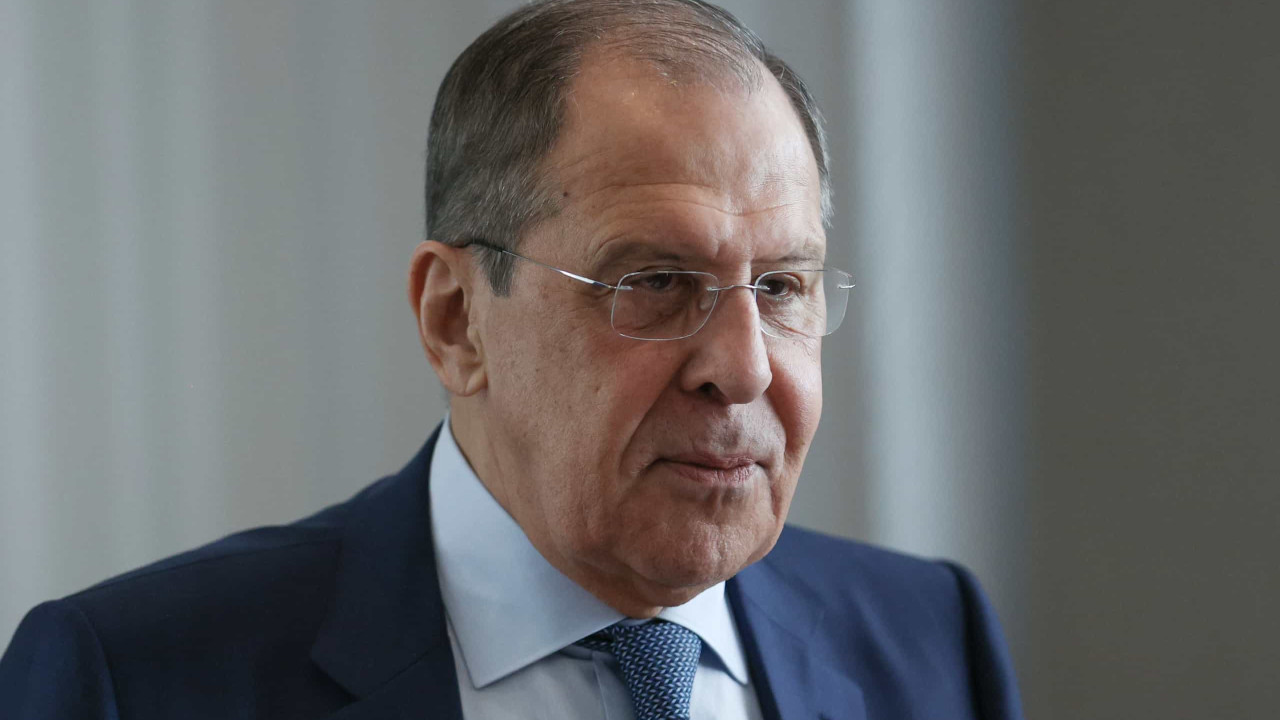
A Ukraine “has become a purely terrorist state that has been terrorizing its citizens both at home and abroad for ten years,” Lavrov said, according to Spanish agencies EFE and Europa Press.
Lavrov was referring to the change that occurred in Ukraine in 2014, when a pro-European movement forced the resignation of then President Viktor Yanukovych, who favored the country’s connection to Russia instead of the European Union (EU).
The March 22 attack on a concert hall on the outskirts of Moscow, which left 145 dead and more than 500 injured, was claimed by a group linked to the Islamic State terrorist organization.
Moscow admitted that the attack was carried out by a group of Islamists of Tajik origin, but has insisted on looking for a “Ukrainian footprint”.
He even claimed to have evidence of Ukraine’s financing of terrorists, a claim that Kyiv categorically denied.
Russian authorities made several arrests following the attack, including the four suspected of carrying it out.
Lavrov told ambassadors in Moscow that it was obvious the attack had a “Ukrainian fingerprint”, arguing that there was precedent for Kyiv’s involvement “in many other terrorist attacks on Russian territory”.
The Minister of Foreign Affairs referred to the attacks on journalist Daria Dugina, war correspondent Vladlen Tatarski and the car in which writer Zakhar Prilepin was traveling, which he attributed to Ukraine.
Lavrov said Moscow recently handed Ukrainian authorities an official request for Kyiv to take “immediate measures to cease any support for terrorist activities”, hand over the perpetrators and compensate for the damage.
“We demand that Kyiv fulfills its commitments” under the UN conventions on terrorism, he added.
Read Also: Poland criticizes Hungary and Slovakia for “coexistence” with Russia

Download our free App.
Eighth consecutive year Consumer Choice for Online Press and elected product of the year 2024.
* Study by e Netsonda, Nov. and ten. 2023 product of the year – pt.com
Source: https://www.noticiasaominuto.com/mundo/2533890/russia-insiste-em-responsabilizar-a-ucrania-por-ataque-em-moscovo


